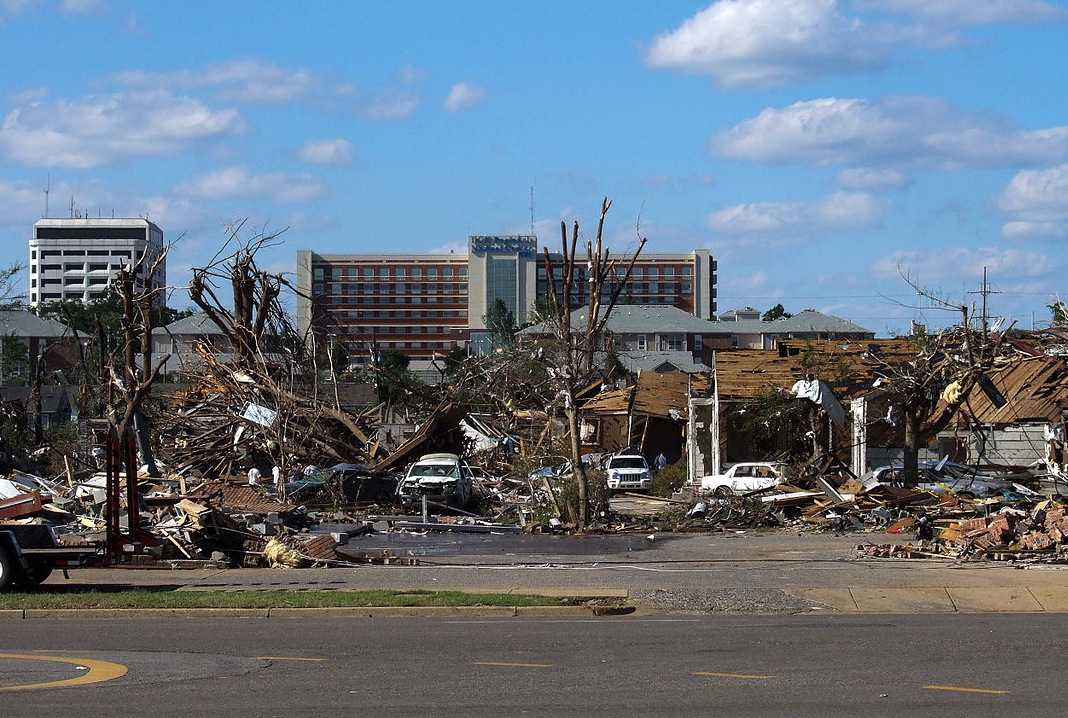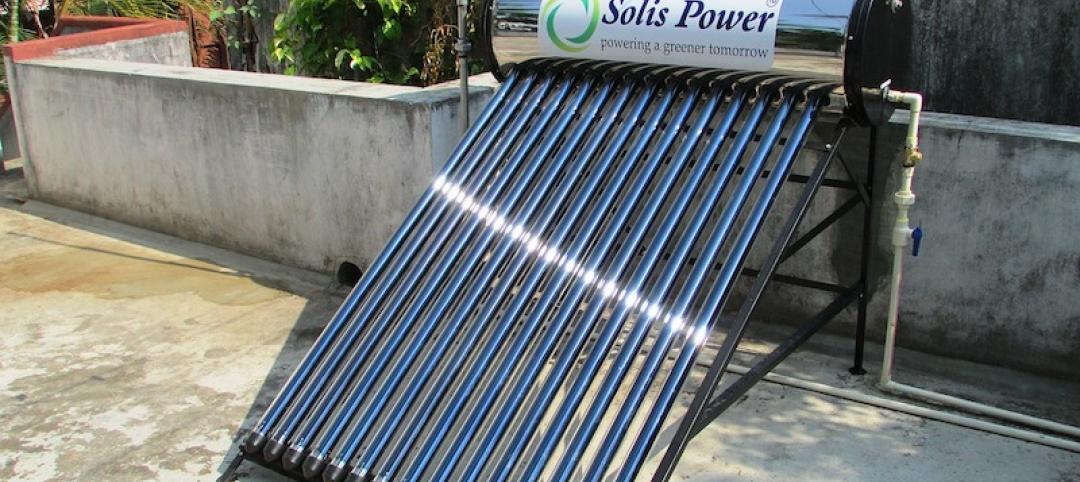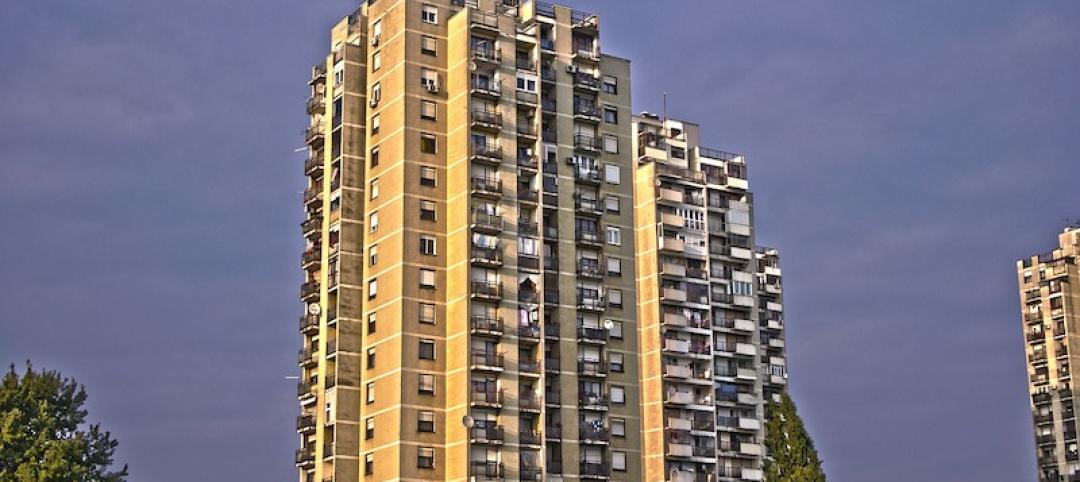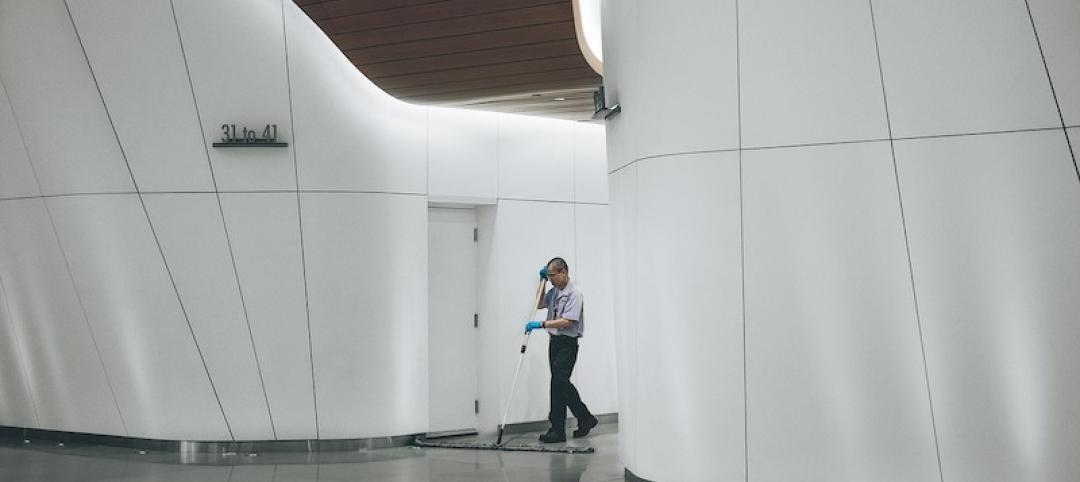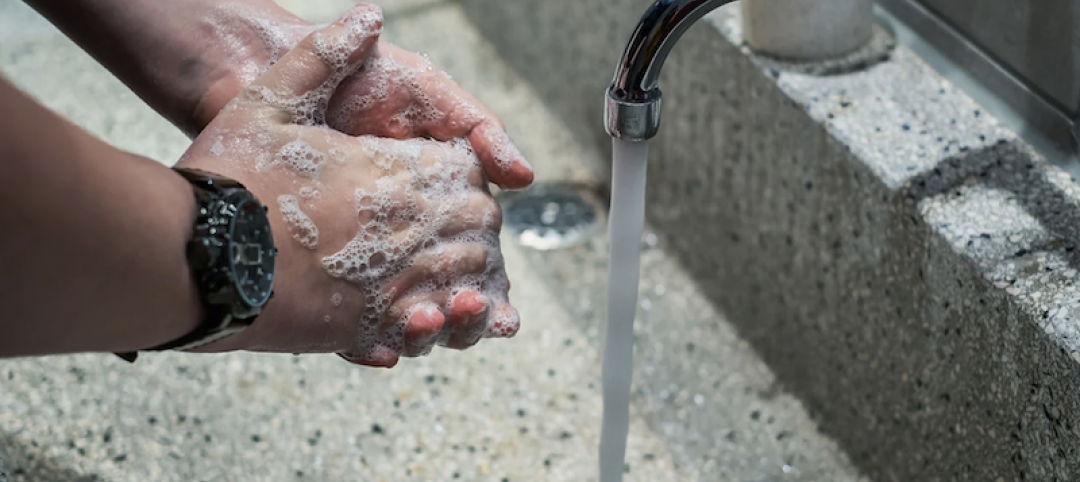Architect Butch Grimes, who examined the wreckage after a half-mile tornado struck Tuscaloosa, Ala., believes toughening building codes can reduce damage from twisters.
“The damage we had on the edges [of the tornado] could have been avoided with simple construction techniques,” Grimes told Scientific American.
The strongest hurricane winds on the coast can reach 180 mph, while the strongest tornadoes, category EF-5, have wind speeds of 200 to 250 mph. Tornadoes that strong are rare, with more common lower-category EF-2 or EF-3 tornadoes having wind speeds in the 100- to 150-mph range. The lower wind speeds, around hurricane strength, are most common on the edge of tornadoes.
“It’s probably not practical to design for EF-5 damage,” Grimes said. Weaker storms, however, can and should be designed for as coastal areas have been doing for years, he said.
Hurricane clips are one potential quick fix. In Alabama, the clips are required for buildings built within 5 miles of the Gulf of Mexico but remain optional farther inland. Reinforced windows could be another effective measure.
(http://www.scientificamerican.com/article/tornado-survival-could-improve-with-better-building-codes/)
Related Stories
Codes and Standards | Jun 23, 2020
State lawmakers encouraging transition to heat pumps for building heating
Policies aim to replace gas heaters with electric units.
Codes and Standards | Jun 22, 2020
Natl. Renewable Energy Labs, Cold Climate Research Ctr. team up on extreme weather research
Focus on renewable power, sustainable transportation, energy efficiency, and energy systems integration.
Codes and Standards | Jun 19, 2020
Demand for family rentals expected to jump over next few years
Developers’ focus on single, urban millennials leaves family market underserved.
Codes and Standards | Jun 17, 2020
AIA offers retail and office 3D models for reducing risk of COVID-19 transmission
For modifying stores and offices with 17-point architectural, engineering, and administrative framework.
Codes and Standards | Jun 17, 2020
Santa Fe is second city in the world to achieve LEED v4.1 Gold
New Mexico community gained credits for resilience planning, including public health crises.
Codes and Standards | Jun 15, 2020
NSF International’s Checked by NSF program helps businesses reopen safely
Includes third-party validation of COVID-19 preventive measures.
Codes and Standards | Jun 15, 2020
Workers want policy changes before they return to offices
More office cleaning, work from home opportunities, and staying home when sick among the desired adjustments.
Codes and Standards | Jun 12, 2020
Carbon emission legislation prompts commercial real estate to innovate
Mass timber, augmented reality, and modular construction among the trends.
Codes and Standards | Jun 11, 2020
USGBC offers new pilot credit to address green cleaning and COVID-19
Provides guidance on cleaning and disinfecting buildings using green cleaning best practices.
Codes and Standards | Jun 10, 2020
AIA issues tools for reducing risk of COVID-19 transmission in buildings
Tailored strategies offered for offices, retailers, schools, and senior living facilities.


